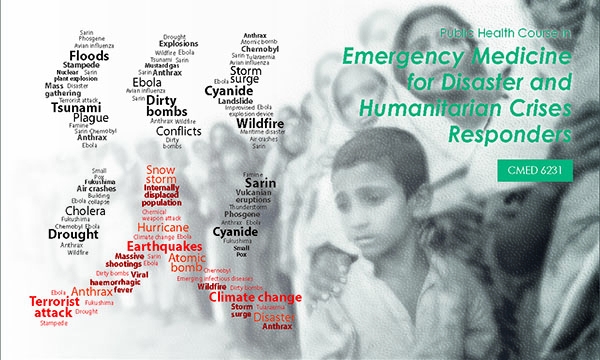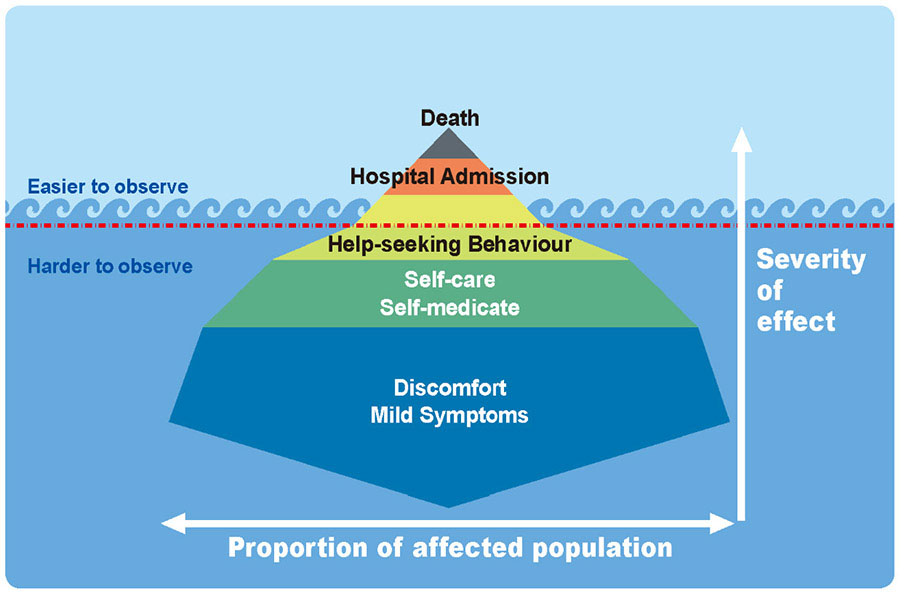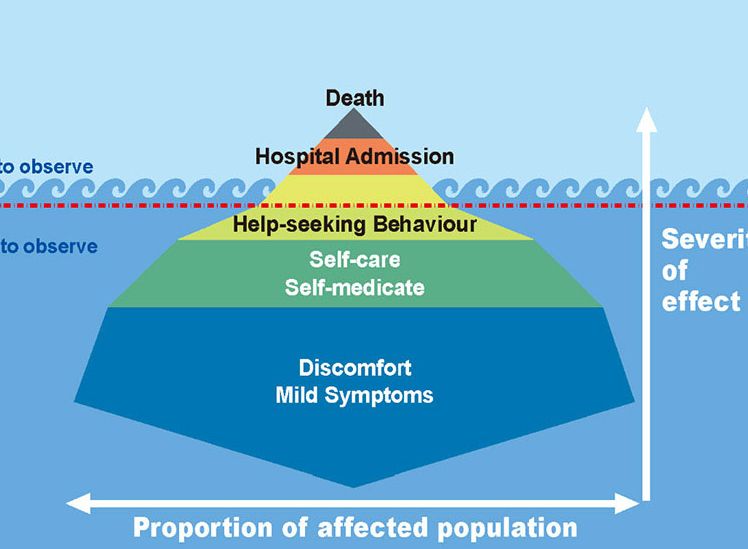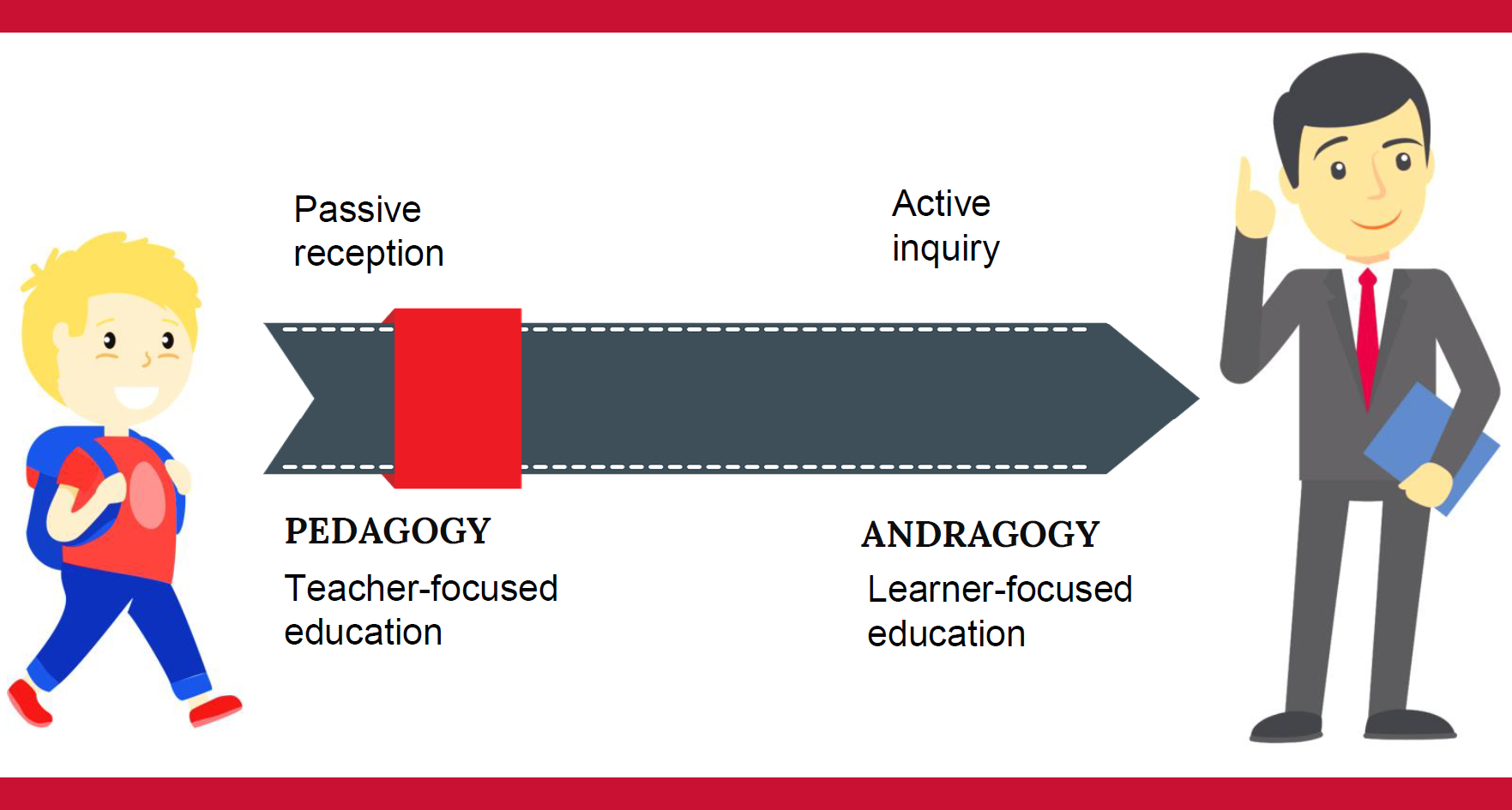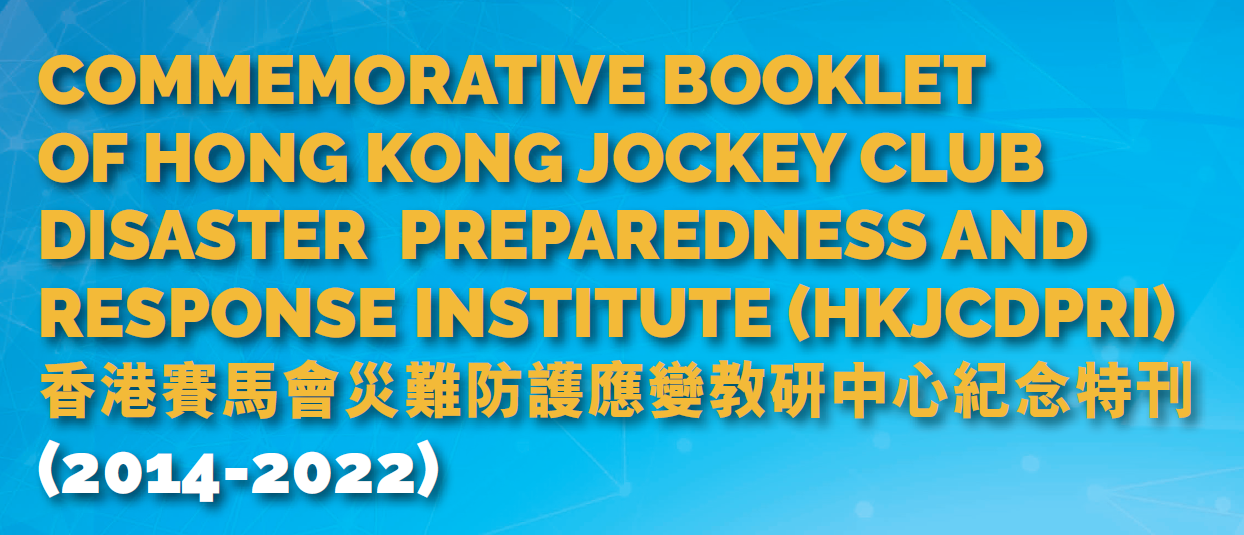You are here
E-learning Platform
E-learning Platform
We welcome participants from around the world to join our online learning platform

2017

30/09/2017
The Hong Kong Jockey Club Disaster Preparedness and Response Institute published a Scoping Study entitled "Disaster Preparedness in Hong Kong – A Scoping Study" in 2016.
Three pieces of publications have been published with the findings of the Scoping Study done in 2016.
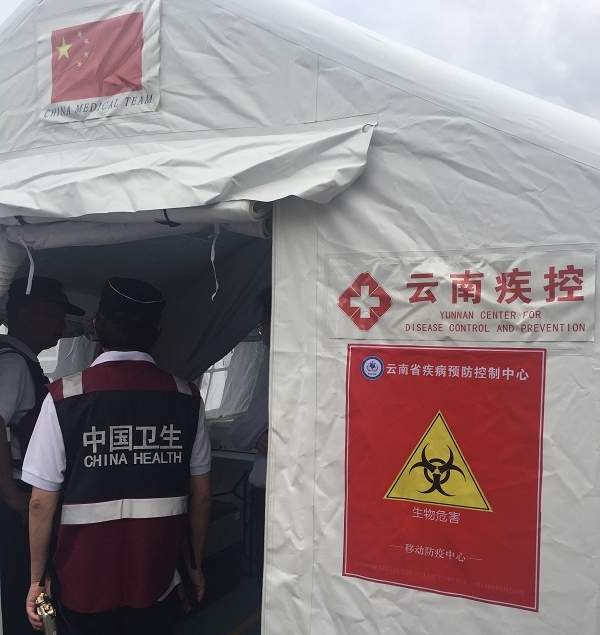
30/09/2017
Following the annual National Emergency Medical Team (EMT) training 2016 held in Fuzhou of China, the annual EMT training 2017 was held in Dali of Yunnan Province of China on 12-13 September 2017. Same as the training in 2016, the 2017 training was organised for all 37 Chinese national EMTs managed under the National Health and Family Planning Commission (NHFPC), while targeting at management level leaders of EMT development this year.
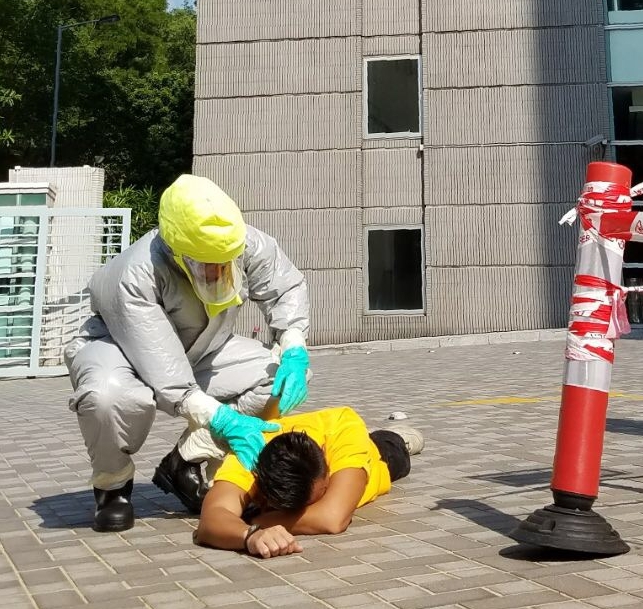
30/09/2017
The HazMat Medical Response (HMR) course was jointly organised by the Hong Kong Jockey Club Disaster Preparedness and Response Institute (HKJCDPR), and the Hong Kong Association for Conflict and Catastrophe Medicine on 26 & 27 September 2017. The 2-day course was designed for emergency responders including physicians, nurses, paramedics and EMS workers such as the police and fire fighters, who may be required to manage hazardous materials incidents.
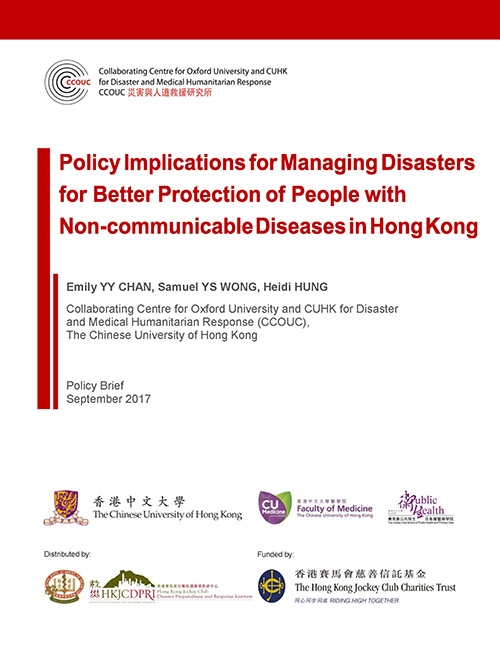
19/09/2017
Between 2005 and 2014, disasters have caused total damage of US$1.4 trillion worldwide, with 1.7 billion people affected and 0.7 million killed [1]. With climate change, urbanization, environmental degradation and poverty, the world has been experiencing disasters at a higher frequency and intensity. To be effective, disaster management strategy must be able to meet the health needs of the affected population. With non-communicable diseases (NCDs) now being the major disease burden and leading causes of death worldwide, the traditional health focus of humanitarian response on acute conditions is no longer sufficient to address population health needs in disaster and emergency context. The significance of NCDs management and planning for potential humanitarian context must be recognized.
Pages
E-learning Platform
This page lists all of HKJCDPRI’s or our collaborating partners’ online learning resources, including Certificate-bearing e-Learning modules, webcasts and case studies.
All resources listed here are freely and publicly available. We ask users to use them with respect and credit the authors as appropriate.
You may have to log onto DPRI’s Moodle Platform in order to access some of the materials.



